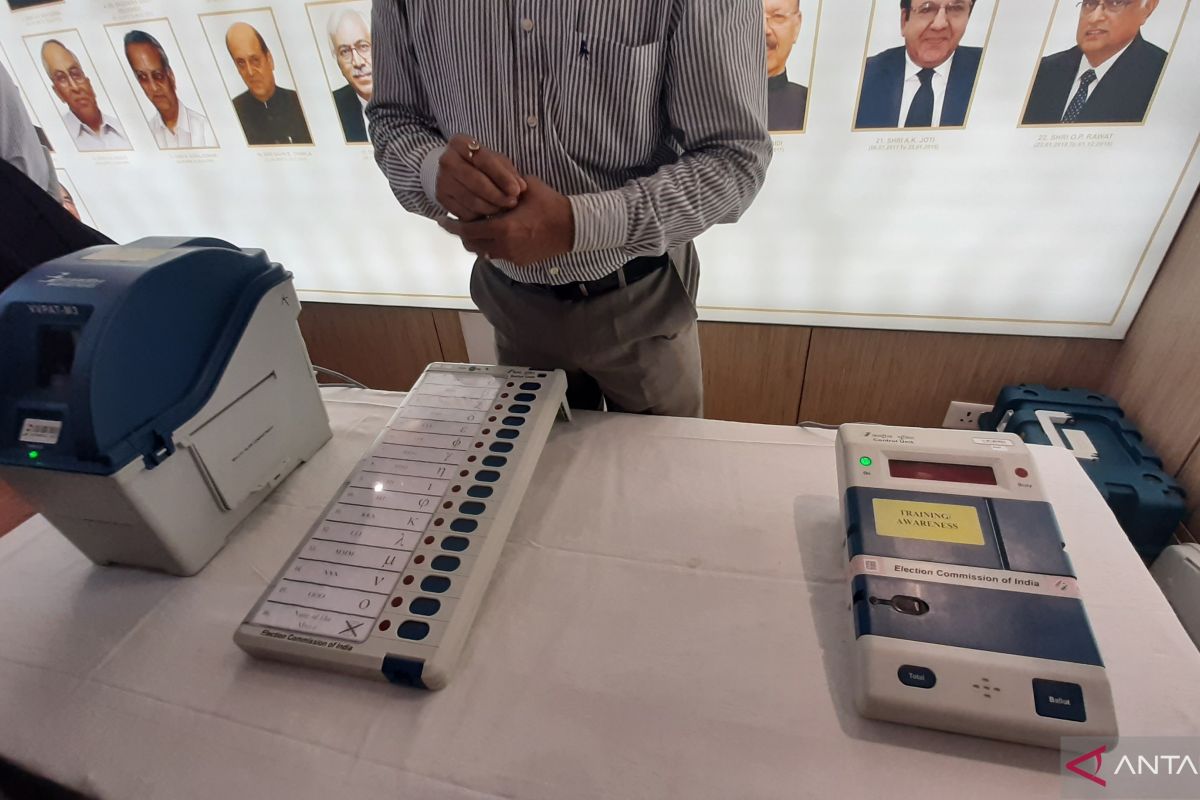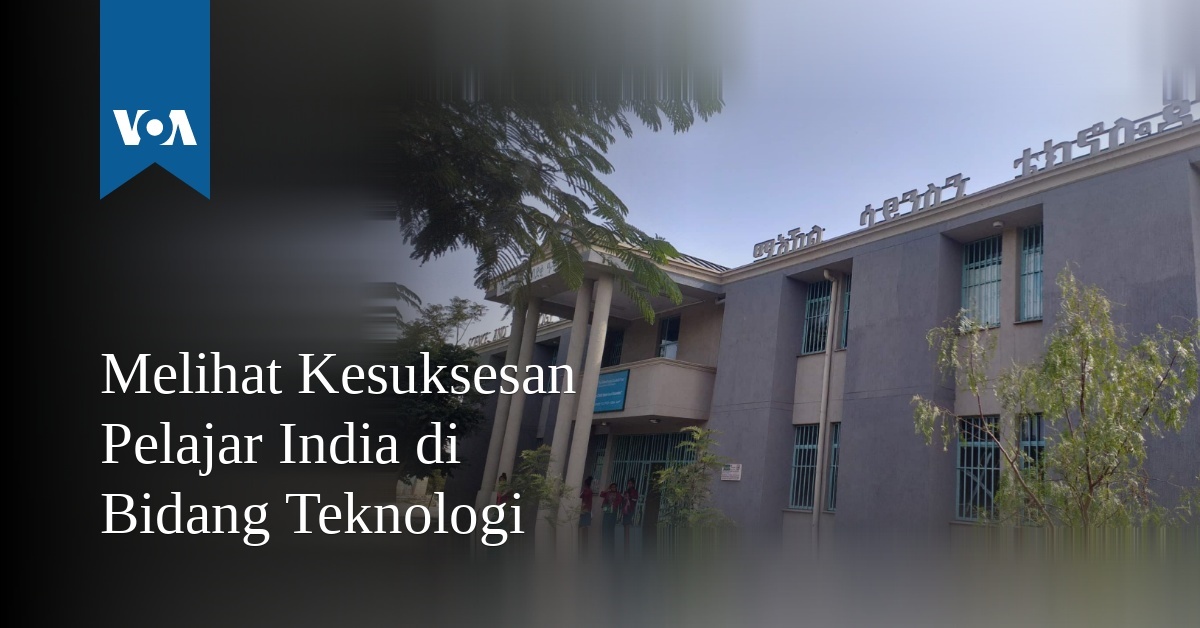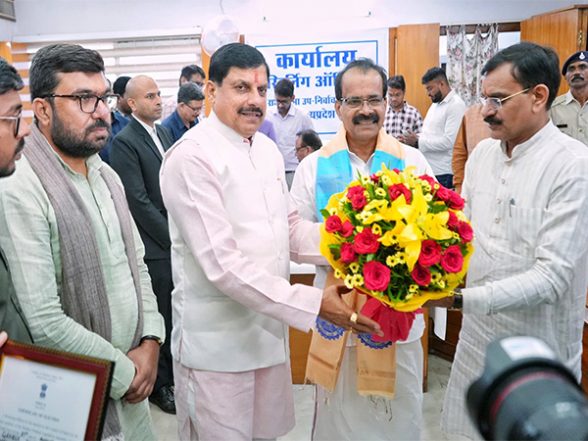Mumbai, Maharashtra (ANTARA) – The Election Commission of India (ECI) has started preparations for the country’s next general elections to be held in 2024.
“Next year we will hold two types of elections, namely parliamentary elections and presidential elections,” ECI President Rajiv Kumar said at a press conference in New Delhi on Monday.
India, which has a population of around 1.4 billion, will hold general elections in which around 945 million voters will participate.
Among the 945 million voters, around 20.5 million were aged 80 and above and around 322,000 were aged 100 and above, according to ECI data.
The ECI also said there were around 8.5 million new voters aged 18 to 19, and around 8.3 million voters were people with disabilities.
ECI Chairman Rajiv Kumar said the Election Commission of India wants to achieve several goals in next year’s elections.
These objectives are that elections are held in a fair and transparent manner, that no voter is left behind, that they are inclusive, technology-based, easy to access and with the full presence of political parties and media .
“When it comes to inclusiveness, we really care about seeking the participation of women, people with disabilities and young voters in next year’s elections,” he said.
Meanwhile, regarding the implementation of technology-based elections, according to the ECI Chairman, next year’s general elections in India will also be held using electronic voting machines (electronic voting machine/EVM).
“Using this machine is an innovation that we are proud of,” Kumar said.
However, he also admitted that there would be a number of challenges ahead in implementing next year’s Indian elections, one of them relating to efforts to reach out to voters in areas remote areas of the country.
Another challenge, according to Kumar, is anticipating the possibility of voter fraud. For this reason, he stressed the importance of integrity on the part of election organizers.
Meanwhile, regarding the challenges posed by negative narratives, dark campaigns, deepfakes and fake news spread on social media, the ECI said it would work to monitor and control narratives on social media.
Among the measures that can be taken is the fight against fake news, without having to intervene in the campaign or in the efforts made by activists and political parties.
Deepfakes is a video of a person whose face or body has been digitally altered to resemble another person, usually used for malicious purposes or to spread false information.
Also read: India arrests 75 people in Kashmir after regional elections
Also read: Indonesia invites India to increase cooperation after elections
135 million Indian citizens escaped poverty in the last 5 years

“Zombie geek. Beer trailblazer. Avid bacon advocate. Extreme introvert. Unapologetic food evangelist. Internet lover. Twitter nerd.”





